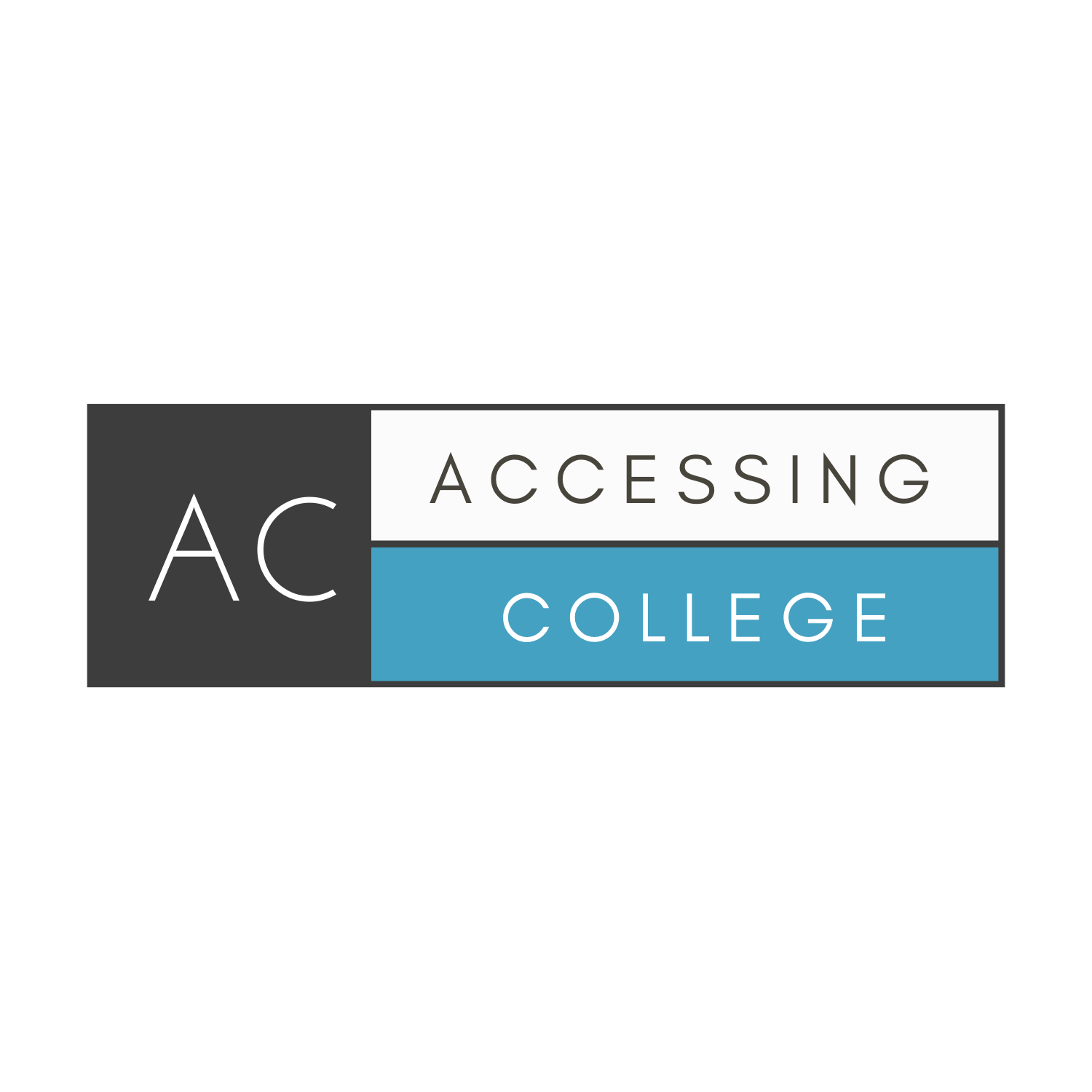Today, we’re diving into a rather unconventional idea: the power of being more selfish. You heard that right, but before you raise your eyebrows, let us redefine what selfishness means. Putting yourself first is the key. Hard to do, yet so many benefits.
In this episode, we’ll debunk the negative connotations associated with selfishness and show you how embracing it can benefit your college student with a disability in ways you never imagined.
First off, we’ll redefine selfishness as a positive force for self-improvement and self-care. It’s not about neglecting others but about prioritizing yourself, filling your cup so you can better support those around you. We’ll explore how putting yourself first can lead to personal growth, self-love, and the development of compassion, all qualities that can inspire your college student to flourish.
Putting Yourself First Sets The Example
By prioritizing yourself, you’ll set an example of self-love and self-care, emphasizing their importance in your student’s life. We’ll discuss the practical and emotional boundaries you can establish, giving your student a clear sense of what’s important and showing them that self-respect is vital.
Our special focus will be on how this concept benefits your college student with a disability. Putting yourself first provides clarity on what they truly need, allowing them to communicate their requirements more effectively. This will instill a valuable life lesson, teaching them to advocate for themselves and never settle for less. In the long run, it’s a skill that will never let them down.
So, if you want to discover how being more selfish can pave the way for a brighter future for your college student with a disability, grab a notebook and pen and listen to this episode now. It’s time to cue the intro and embrace a new perspective on selfishness, because sometimes, putting yourself first is the most selfless act of all.



